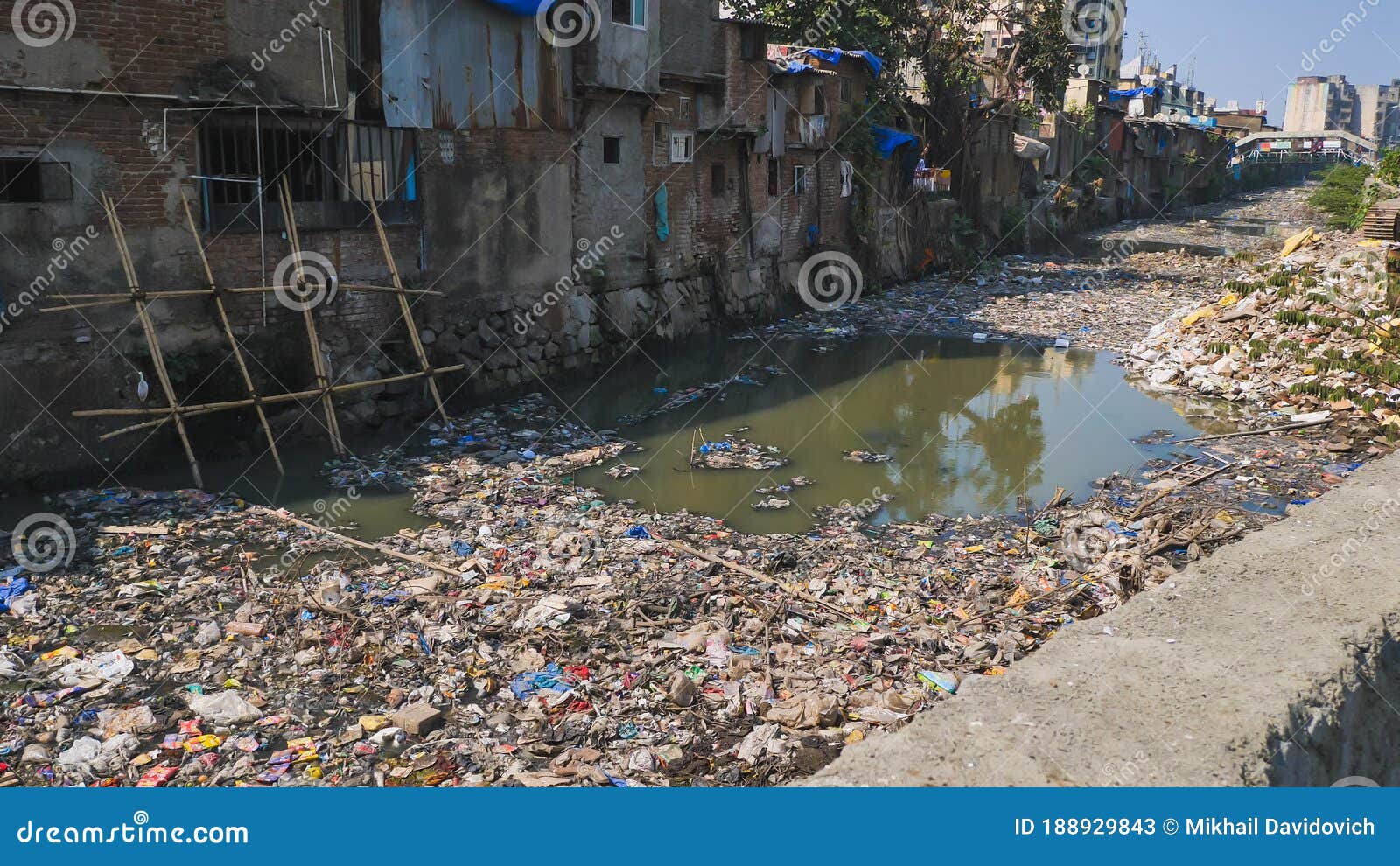

Our correspondence is often done via email. By the end of this literary feat, after I studied their choices in language and rhetoric, I see how their work raises the standard for writing and artistry: Piepzna-Samarasinha writes in non-white English, which means un-standardizing language norms and writing in accessible, precise, and vibrant provocation. After serving as the editor for a feature essay they wrote about building an economy of care, they asked me to serve as book editor for this project, wanting to work with another person of color after years of working with racist and otherwise oppressive editors. An excerpt of her memoir was published in my first book, an anthology, Dear Sister: Letters from Survivors of Sexual Violence. I first learned of their work with Sins Invalid, a performance project that celebrates artists with disability, with particular emphasis on performers living in marginal and erased communities. Piepzna-Samarasinha and I have a history of collaboration. Care Work is a collection of essays, each one laying groundwork for an anti-disposability politic that makes us question the cultures of speed and convenience that have shaped our society and public policies.

Piepzna-Samarasinha’s latest, Care Work is a rock album addition to an impressively growing portfolio-an unflinching descent into the underbelly of racist ableism and erasure. In the way music overlays new beats on familiar lyrics, Care Work sands and buffers political multiplicities into one vinyl sound: reportage with theory, history with cultural criticism, and stylistic utility over formidability. After three books of poetry, a memoir, and co-editing a groundbreaking anthology about transformative justice and abuse in activist communities, their latest book, Care Work: Dreaming Disability Justice (Arsenal Pulp Press) offers a new curvation in genre-bending. As a queer disabled femme of color writer, performer, and activist, Piepzna-Samarasinha has decades of evidence revealing her priorities as a community writer for disability justice. This is the nexus of Leah Lakshmi Piepzna-Samarasinha’s work. When does writing become more than writing-expanding beyond a solitary act of artistic survival and into a roadmap for others trying to survive in an ableist society?


 0 kommentar(er)
0 kommentar(er)
